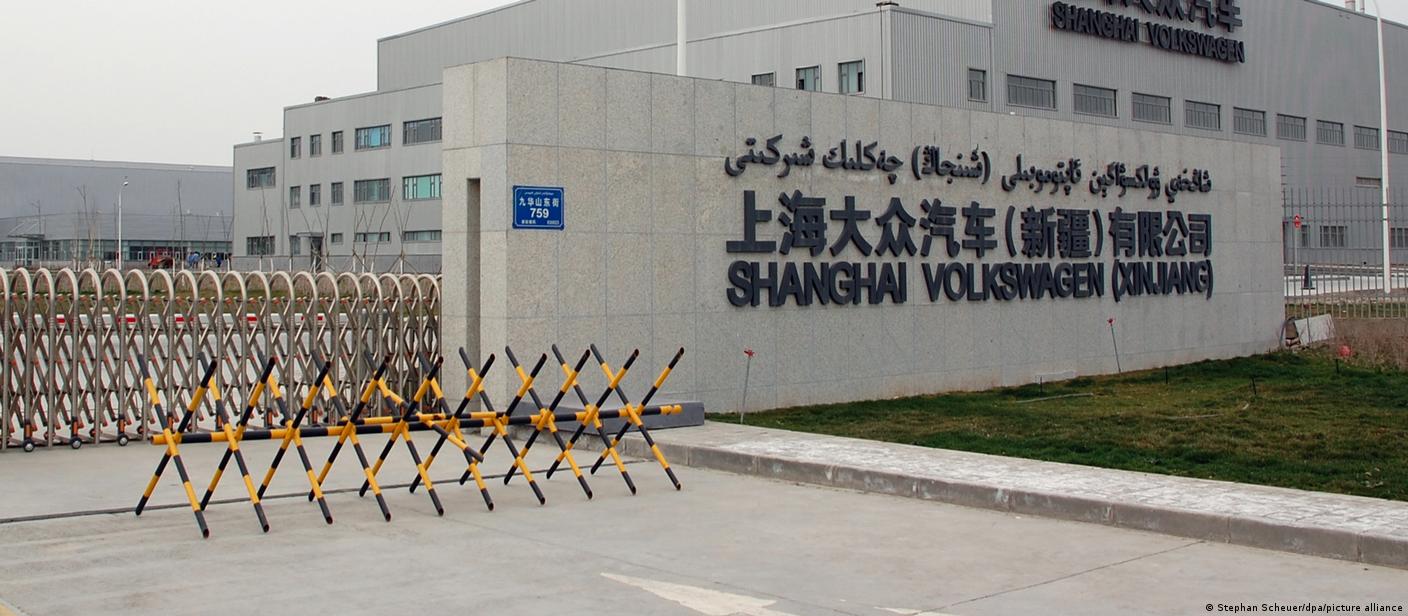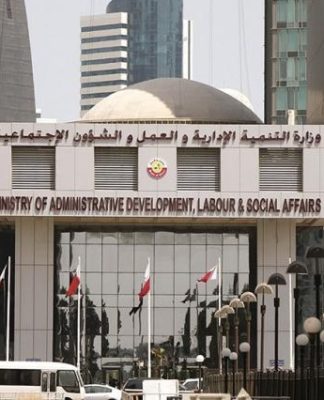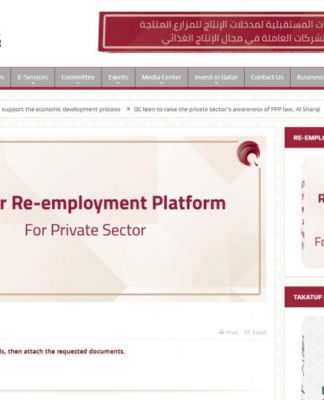HUMAN RIGHTSCHINA
Volkswagen: ‘No evidence’ of violations at Xinjiang plant
4 hours ago4 hours ago
VW’s chief of China operations says he “verified the facts” about accusations that one of the company’s car plants in Xinjiang relied on the forced labor of Muslim Uyghur workers.
https://p.dw.com/p/4O4XN
The German automobile giant Volkswagen Group (VW) said on Tuesday that there were no signs of human rights violations in its plant in China’s western Xinjiang region.
China’s government has been accused of engaging in human rights abuses against the Muslim Uyghur population in Xinjiang since the 2000s, including mass forced labor in detention camps.
The UN has said the allegations could constitute crimes against humanity, but China has denied all claims.
“Of course we are aware of the critical reports, we take this very seriously,” the head of VW’s China operations, Ralf Brandstätter, said regarding charges of labor abuses in car production.
“But we have no evidence of human rights violations at this plant — that has not changed after my visit,” he added. He traveled to the company’s plant in the city of Urumqi in mid-February for an inspection.
“I can talk to people and draw my conclusions. I can try and verify the facts, and that’s what I did. I did not find any contradictions,” Brandstätter said. He noted that VW would continue to monitor the situation.
Former Uyghur detainees of internment camps
02:44
Mounting criticism of VW
While several major corporations ended their operations in Xinjiang following US claims that China is committing “genocide” against the Muslim Uyghur minority, VW opted to stay.
Some 29% of the 240 employees at the VW plant belong to ethnic minorities, 17% of them Uyghurs.
Brandstätter said he spoke to seven workers individually — including Han Chinese, Uyghurs and Kazakhs — some through a translator chosen by Volkswagen and some in English. He said he held shorter discussions with other workers on his tour, adding that it all occurred without government supervision.
But Luke de Pulford of the Inter-Parliamentary Alliance on China — a group of legislators from 30 democratic countries including Britain, Germany, and the United States — said labor standards in Xinjiang could not be verified, as members of the Uyghur minority could not speak freely without fearing for their safety.
The World Uyghur Congress in Germany and researchers from Sheffield Hallam University, who authored a report on the auto industry supply chain’s links to Xinjiang, said the visit and conversations with workers were likely planned and coordinated with authorities.
jcg/nm (dpa, Reuters)






























